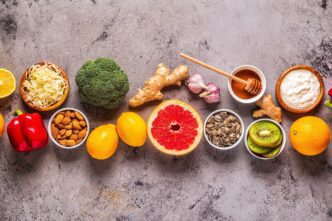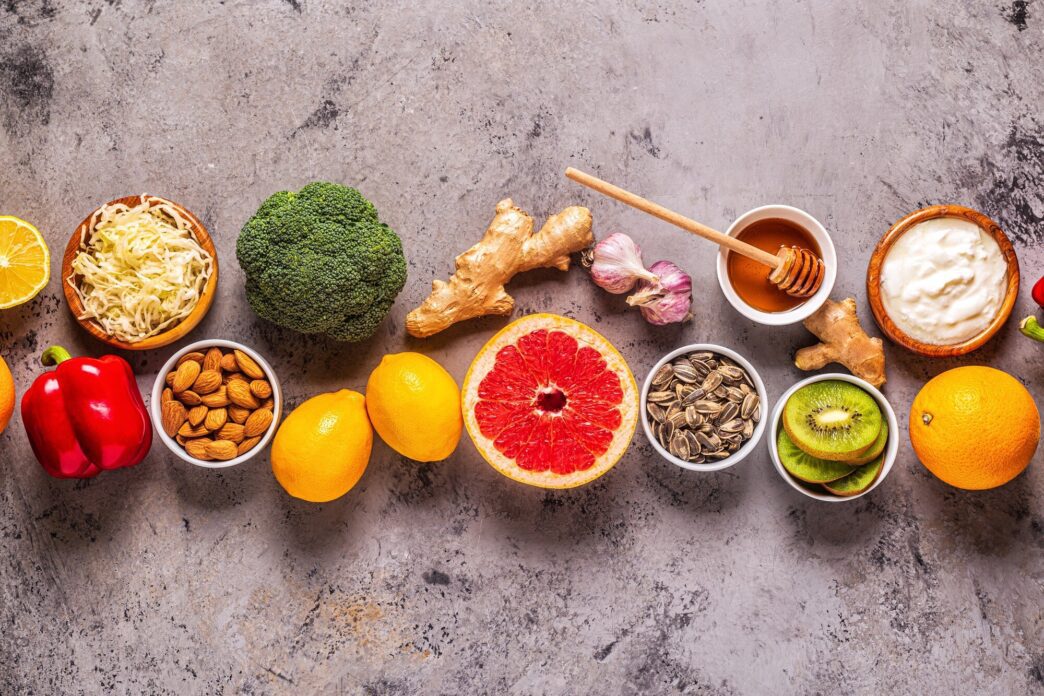A Quick Takeaway
The Story Behind the Trend
How to Make It Work for You
The Community View
To unlock a sharper mind and enhance cognitive function, it is essential to nourish your brain with a diverse array of nutrient-dense foods. These specific dietary choices, rich in omega-3 fatty acids, antioxidants, vitamins, and minerals, play a crucial role in supporting brain health, improving memory, boosting focus, and protecting against cognitive decline as we age. Incorporating them daily into meals and snacks provides the vital building blocks and protective compounds your brain needs to perform at its peak, benefiting everyone from students to seniors seeking to maintain mental acuity.
The Connection Between Food and Brain Health
Your brain is an incredibly energy-intensive organ, consuming about 20% of your body’s daily caloric intake. Like any high-performance machine, it requires premium fuel to function optimally. The foods you eat directly impact its structure and function, influencing everything from mood and memory to learning and concentration.
A diet rich in processed foods, unhealthy fats, and added sugars can contribute to inflammation and oxidative stress, both of which are detrimental to brain cells. Conversely, a diet focused on whole, unprocessed foods provides the necessary nutrients to build and repair brain cells, support neurotransmitter production, and protect against cellular damage.
Key Nutrients for Optimal Brain Function
Certain nutrients stand out for their profound impact on cognitive health. Understanding these key players can guide your food choices toward a brain-boosting diet.
Omega-3 Fatty Acids
Omega-3 fatty acids, particularly DHA (docosahexaenoic acid), are fundamental building blocks of brain cell membranes. They are crucial for maintaining brain cell fluidity, facilitating communication between neurons, and reducing inflammation.
Excellent sources include fatty fish such as salmon, mackerel, sardines, and trout. For plant-based options, consider flaxseeds, chia seeds, and walnuts, which provide ALA (alpha-linolenic acid) that the body can convert to DHA, albeit less efficiently.
Antioxidants
Antioxidants protect brain cells from damage caused by free radicals, unstable molecules that contribute to oxidative stress and accelerate aging. A diet high in antioxidants can help mitigate cognitive decline.
Brightly colored fruits and vegetables are packed with these protective compounds. Think blueberries, strawberries, raspberries, dark leafy greens like spinach and kale, and bell peppers. Dark chocolate (with at least 70% cocoa) and green tea are also potent sources.
B Vitamins
B vitamins, including B6, B9 (folate), and B12, are vital for brain health. They play a role in energy production, neurotransmitter synthesis, and reducing levels of homocysteine, an amino acid linked to an increased risk of cognitive impairment.
You can find B vitamins in a variety of foods such as eggs, lean meats, poultry, legumes, whole grains, and leafy green vegetables. Fortified cereals and nutritional yeast are also good sources, especially for vegetarians and vegans.
Flavonoids
Flavonoids are plant compounds with powerful antioxidant and anti-inflammatory effects. Research suggests they can improve blood flow to the brain, enhance memory, and protect against neurodegenerative diseases.
Rich sources include berries, citrus fruits, apples, onions, tea (especially green tea), and cocoa. Incorporating a variety of these into your diet ensures a broad spectrum of flavonoid intake.
Choline
Choline is a precursor to acetylcholine, a neurotransmitter critical for memory, mood, and muscle control. Adequate choline intake is essential for optimal brain development and function throughout life.
The best dietary sources of choline are egg yolks, beef liver, soybeans, nuts, and cruciferous vegetables like broccoli and Brussels sprouts.
Hydration
While not a food, water is absolutely critical for brain function. Even mild dehydration can impair concentration, memory, and mood. Your brain is about 75% water, and it needs a constant supply to function correctly.
Aim to drink plenty of water throughout the day. Herbal teas and water-rich fruits and vegetables also contribute to your daily fluid intake.
Practical Tips for a Brain-Boosting Diet
Integrating these brain-healthy foods into your daily routine doesn’t have to be complicated. Start by making small, sustainable changes.
Prioritize whole foods over processed ones, aiming for a colorful plate at every meal. Snack on berries and nuts, add flaxseeds to your oatmeal, or include a serving of fatty fish twice a week. These simple adjustments can make a significant difference in your cognitive vitality.
Nourishing your brain with the right foods is a powerful strategy for enhancing cognitive function and promoting long-term brain health. By focusing on omega-3 fatty acids, antioxidants, B vitamins, flavonoids, and staying well-hydrated, you provide your brain with the essential nutrients it needs to operate efficiently. Embrace a diet rich in whole, unprocessed foods to cultivate a sharper mind and a healthier life.







